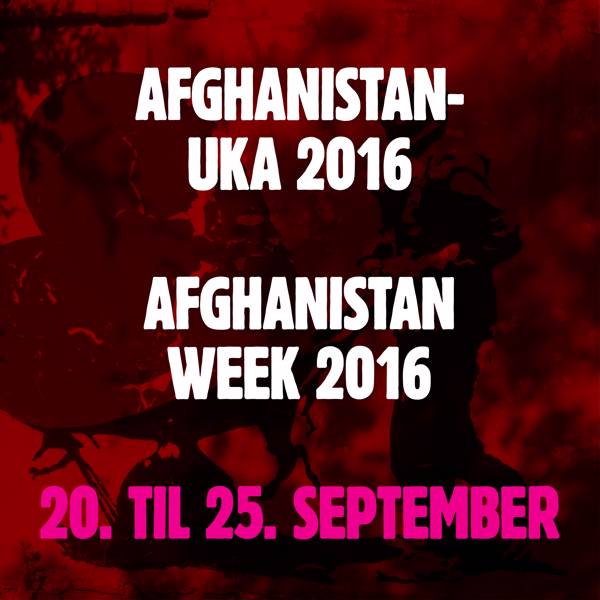
The rapid pace of change in power relations between states – globally as well as in Afghanistan’s immediate neighborhood – will inevitably also have major implications for the country’s political stability.
With a US whose power seems to be waning, with a leadership that is perhaps even becoming more principally isolationist, there are new opportunities for other powers, China and Russia in particular, both of whom in different ways are exploring new ways of projecting economic, political or military might in Afghanistan’s immediate neighborhood.
In their 2016 book, A Rock Between Hard Places: Afghanistan as an Arena of Regional Insecurity. (London/New York: Hurst/Oxford University Press), Harpviken and Tadjbakhsh challenged the conventional analysis which places Afghanistan at the centre — the so-called ‘heart’ — of a large pan-Asian region whose fate is predicated on Afghan stability. Rather, they argued, it makes analytically far more sense to situate Afghanistan on the margins of three regional security complexes — those of South Asia, Central Asia, and the Persian Gulf — each characterised by deep security rivalries, which, in turn, informs their engagement in Afghanistan.
Yet, in each of the three regions surrounding Afghanistan, there is rapid change. In South Asia, ebbs and flows of amity between India and Pakistan may signal a new era for cooperation between the two, even though a solution to the fundamental issues – including the Kashmir conflict – seems a distant prospect. In Central Asia, elites and parts of the population seem drawn to an increasingly more assertive Russia, as the latter is confronting the West in Ukraine, Syria and beyond.
In the Middle East, all-encompassing conflicts in Iraq, Syria and Yemen, as well as simmering instability in a number of other countries, raises the prospect a region whose internal power relations as well as outer boundaries are being redrawn.
How does all of this manifest itself in Afghanistan, where the internal struggle between the Taliban and an increasingly fragile government alliance continues to intensify? Is time ripe for new diplomatic initiatives in order to commit the country’s neighbors to non-interference, and if so, what would be the right template? How is the shifting attention of global powers to other parts of the world going to affect Afghanistan and its neighborly relations?
These are the questions that will inform this breakfast event, in which the main arguments of the Harpviken and Tadjbakhsh book will be discussed in the context of current developments.
SPEAKERS:
- Kristian Berg Harpviken (PRIO)
- Thomas Ruttig (Afghan Analysts Network)
- Arne Strand (CMI)
MODERATOR:
- Kaja Borchgrevink (PRIO)
This event is a part of the Afghanistan Week 2016*. The complete programme for the whole week is available* by following this link.





